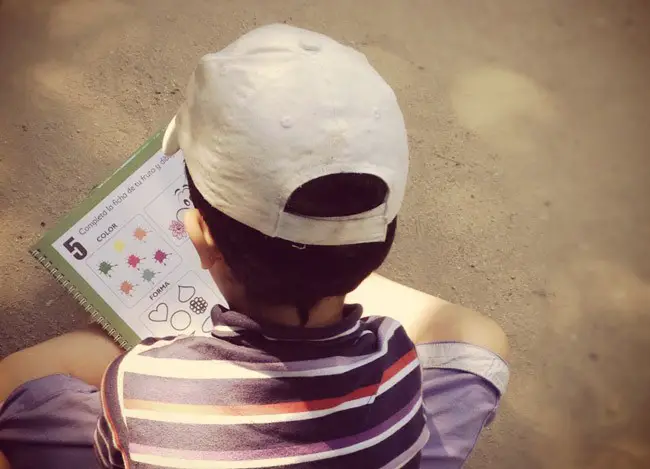
Despite an outcry in 2009 over a 7-year-old’s apparent suicide, a draft report from the research arm of Florida’s child-protection system shows that foster children are still being put on psychotropic medications without caregivers following proper procedures.
As of July, 11 percent of the children in state foster care — 2,434 of 21,899 children — had active prescriptions for at least one psychotropic drug, according to the Florida Institute on Child Welfare at Florida State University.
But a review of 140 children’s files showed that just 20 percent met all the key requirements for administering such medication. In particular, the study showed that consent forms were incomplete or completed late in the great majority of cases.
“It suggests an important disconnect between a good policy and real-world practice,” Jeffrey Lacasse, one of the study’s authors, said earlier this month.
The state’s current policy for using psychotropic drugs on foster kids followed a tragedy. It was updated after the 2009 death of 7-year-old Gabriel Myers, who was found hanging from a shower fixture in his foster home in Margate. He had been on two “black box” medications intended for adults. A subsequent Department of Children and Families review of the files of all foster children showed that in more than 16 percent of cases where kids were medicated, it was without the consent of a parent or judge.
But the updated policy isn’t always followed today, according to the institute’s draft report, which is expected to be finalized this fall. While the state sets the policy, privatized community-based care agencies are responsible for caring for foster children.
“We’re largely concerned with overuse of those medications,” Lacasse said. “But it’s a balancing act, because it’s seen as a very integral part of normal care.”
Lacasse presented the findings that he and Angela Lieber had compiled at the annual Child Protection Summit, sponsored by the Department of Children and Families. It was the first such presentation for the Florida Institute on Child Welfare, which was created by the Legislature last year to conduct research.
The report showed what Lacasse called a “marked increase” in the numbers of children taking psychotropic meds such as mood stabilizers and anti-psychotics. That’s been a national and state trend for years, just as it has been a trend for children in the foster-care system to be medicated more heavily.
In 2005, for instance, it was estimated that 14 percent of youths nationwide were prescribed one or more psychotropic drugs after contact with the child-welfare system. By 2010, 22 percent of youths receiving child-welfare services also received psychotropic meds over a three-year period.
That’s a problem because the drugs can have adverse effects, Lacasse said, and tend to exclude the use of long-term models such as therapy for trauma the children have endured.
“I hear story after story from my colleagues about court-ordered therapy that never happens,” said attorney Robin Rosenberg, deputy director of the advocacy group Florida’s Children First.
Rosenberg sat on a task force that studied the use of psychotropic meds after the Myers child’s death. She said children in foster care shouldn’t be medicated until other methods of addressing the underlying causes of their misbehavior have been tried and found wanting.
“The fact of being in the child-welfare system means that something pretty bad happened in your life,” Rosenberg said. “And common, normal reactions to bad things happening to you look like behavior problems — that’s a normal response.”
But while Florida has good policies in place, she said, it needs to monitor them more closely — and ensure that front-line DCF staff members, who turn over rapidly, stay current in their training.
The Florida Institute on Child Welfare draft report reached similar conclusions. It also recommended that children’s files be kept current, especially given “consistent reports” that information is missing on the dates when children begin taking certain medications.
–Margie Menzel, News Service of Floeida





























Leave a Reply